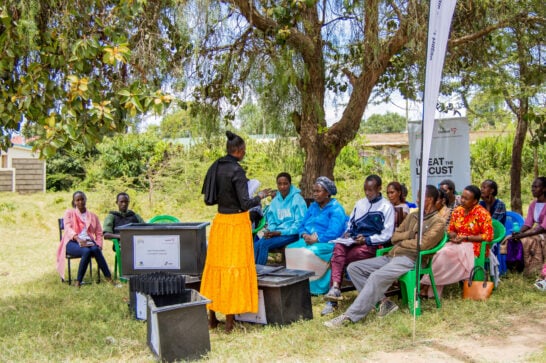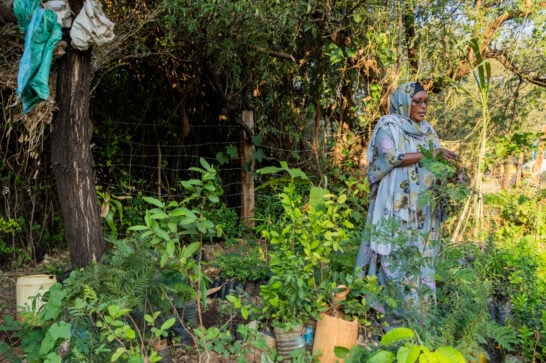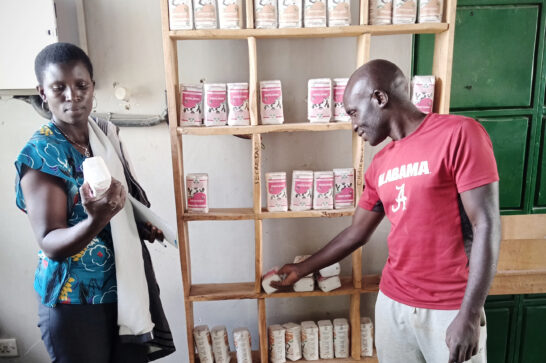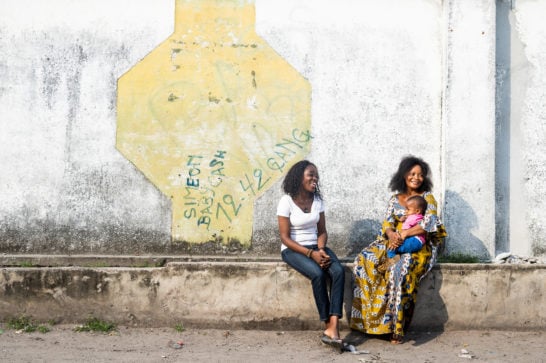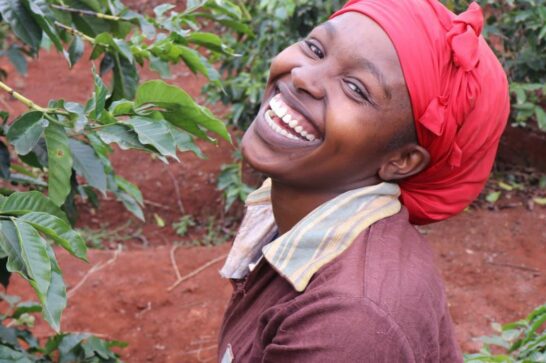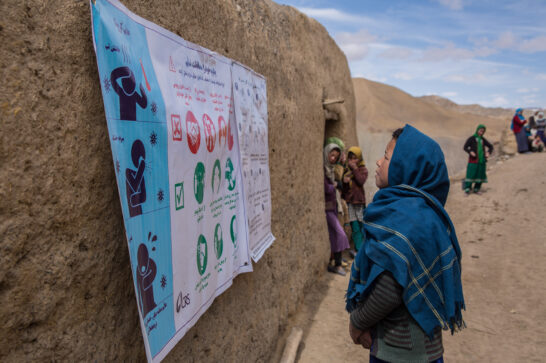WHAT WE DO IN KENYA
(B)eat the Locust
This innovative project is an initiative that emerged from the last desert locust invasion in Kenya, which was primarily managed using conventional methods and synthetic chemicals, resulting in negative environmental impacts.
The objective is to diversify the livelihoods of pastoralist communities through an environmentally friendly and scalable insect value chain. The three pathways for achieving the objective include promoting the adaptation of biopesticides through policy as the preferred mechanism for controlling desert locust outbreaks in target communities, encouraging pastoralist communities to build livelihoods on insect value chains, and establishing insect value chains for human and animal consumption. The project is funded by the Dutch National Postcode Lottery and targets pastoralists in the four arid and semi-arid counties of Laikipia, Samburu, Isiolo, and Marsabit.
Agribusiness Market Ecosystems Alliance (AMEA)
This is a collaboration of agencies working towards the professionalisation of farmer organisations. The alliance aims to promote global standardisation through coordinated business service delivery, utilising peer-reviewed assessment tools and a curriculum provided by certified trainers, coaches, and mentors.
It also strives to facilitate access to affordable finance and encourages the adoption of agricultural technology. Cordaid is the host and network facilitator of the AMEA Kenya local network, comprising 11 organisations.
Rural Kenya Financial Inclusion Facility
The Rural Kenya Financial Inclusion Facility is funded by the government of Kenya and the International Fund for Agricultural Development. The project’s goal is to reduce poverty, enhance climate change resilience and improve livelihoods in rural areas by increasing rural financial inclusion and green investments by agriculture value chain stakeholders. It is a six-year project targeting 14 counties and 190,000 rural households across Kenya through financing and capacity building, with a focus on youth and women.
Cordaid offers technical support to selected microfinance institutions and business development services to smallholder farmers and their organisations in 7 counties in western Kenya, namely Trans Nzoia, Bungoma, Busia, Kakamega, Nandi, Siaya and Kisii counties. These services will contribute to more rural investments, employment, higher incomes and more gender equality in access financial opportunities.
Shared Futures
Shared Futures is an inclusive programme for just and peaceful coexistence. The programme aims to empower youth in Mombasa, Kwale, and Tana River counties to take up a leading role in addressing violent extremism. It is implemented by a consortium of five organisations, with Cordaid as the lead.
The consortium, which includes Samba Sports, Jamii Action Center, Africa Youth Trust, and Anglican Development Services Pwani, works in collaboration with government representatives, policymakers, civil society organizations, and the community. Collectively, they work towards developing policies that promote interfaith cooperation. The project is a two-and-a-half-year initiative funded by Kerk in Actie.
Strengthening Agricultural Resilience through Learning and Innovation (closed in 2023)
This project was implemented by Cordaid in Kenya and Rwanda and targeted the maize-growing areas of Kakamega County and Kayonza District. The project was funded by the International Fund for Agricultural Development (IFAD) and supported rural productivity, access to markets, increased income and food security and promoted South-South learning.
WHERE WE WORK IN KENYA
(B)eat the Locust: Isiolo, Laikipia, Samburu, Marsabit Counties
Shared Futures Phase 2: Mombasa, Kwale and Tana River Counties
Shared Futures Phase 3: Mombasa and Kwale Counties
Rural Kenya Financial Inclusion Facility: Kisii, Nandi, Kakamega, Bungoma, Busia, Trans Nzoia and Siaya Counties
PARTNERS AND DONORS
Current donors: Nationale Postcode Loterij, the International Fund for Agricultural Development.
Alliances: ACT Alliance, Caritas Internationalis, Agribusiness Market Ecosystem Alliance.
Previous donors include the European Commission – EuropeAid, the Ministry of Foreign Affairs of the Netherlands, the International Fund for Agricultural Development (IFAD), South-South Cooperation and the Government of Kenya.
Partners: Indigenous Movement for Peace and Conflict Transformation (IMPACT), International Centre of Insect Physiology and Ecology (ICIPE), Jamii Action Center, Samba Sports Youth Agenda, Anglican Development Services Pwani, Africa Youth Trust, Anglican Development Services Western, Kerk in Actie.
CONTACT
Address
Futuristic Centre
Block 4, Church Road, Westlands.
Nairobi
Kenya
Phone
+254 (0) 722 203 095
The Kenya office is part of our East and South Africa Cluster.
Director of the East and South Africa Cluster
Heleen van der Beek
Email: [email protected]
Country Manager
Nelly Shonko
Email: [email protected]
Follow Cordaid East and South Africa
Twitter
LinkedIn

